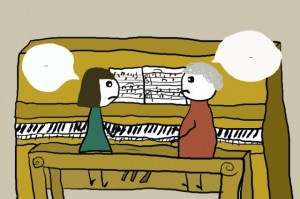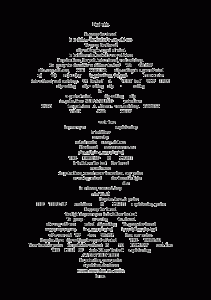 When my children were small we went to the pound and adopted a kitten. We named her Ginger. Within three months Ginger developed what seemed to be a cold. When I took her to the vet she was diagnosed with some genetic disease that could not be cured. We watched, heart-broken, as Ginger deteriorated. “Put her to sleep,” friends and the vet advised. I did, and I regretted the decision to this day.
When my children were small we went to the pound and adopted a kitten. We named her Ginger. Within three months Ginger developed what seemed to be a cold. When I took her to the vet she was diagnosed with some genetic disease that could not be cured. We watched, heart-broken, as Ginger deteriorated. “Put her to sleep,” friends and the vet advised. I did, and I regretted the decision to this day.
Today we brought our cat Cookie to the vet. She is diagnosed with irritable bowel syndrome, which may lead to cancer. While she is still at the vet’s getting more tests done, I find myself arriving at that same point, where my decision will affect the life and death of a beloved companion. The insight learned years ago does not help me. I am uncertain and subjected to influence just as before. Wisdom, it seems, only comes after the fact.









